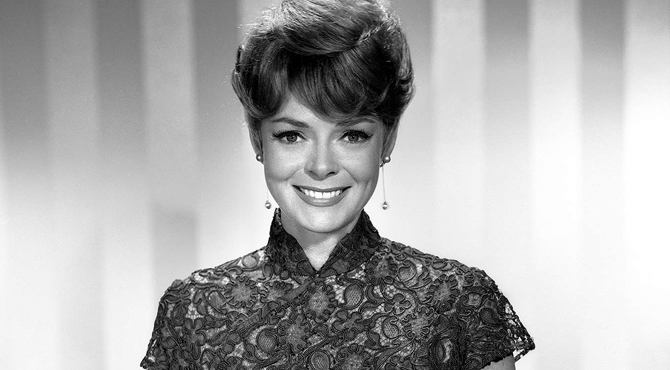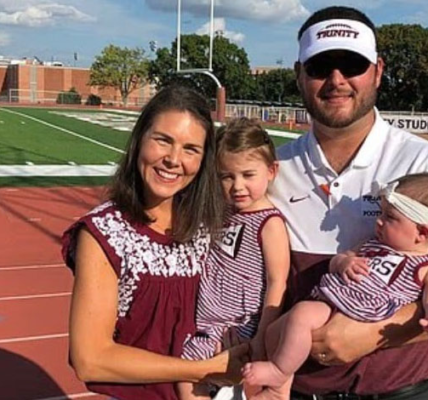June Lockhart, actor known for “Lassie” and “Lost in Space,” dies at 100
June Lockhart, the actor best known for her role as the matriarch in the TV series “Lassie,” has died, her family spokesperson confirmed to CBS News. She was 100 years old.
Lockhart died of natural causes at home in Santa Monica, California, with her daughter, June Elizabeth, and granddaughter, Christianna, by her side, her spokesperson said Saturday in a statement.
Her family said in the statement, “We will miss this truly remarkable woman, mom and grandmama.”
Born in New York on June 25, 1925, Lockhart was the daughter of Oscar-winning actor Gene Lockhart and actor Kathleen Lockhart. She made her professional debut at age 8, playing Mimsey in a Metropolitan Opera production of Peter Ibbetson. She later made her screen debut in MGM’s version of “A Christmas Carol”, playing the daughter of her real-life parents in the movie.
Lockhart then went on to play the ingénue in the Broadway comedy “For Love or Money” with John Loder, winning the Tony in the category of Best Newcomer in 1947. She was the first recipient of the award, which is now no longer a category. Her award was later donated to the Smithsonian Institution in 2008.
The actor became a household name to American audiences when she starred as Ruth Martin, the mother in “Lassie,” the hit TV show featuring a beloved long-haired collie that aired from 1954 to 1974.
Lockhart would again capture TV audiences in her role as Maureen Robinson, the matriarch in “Lost in Space,” a show about a family struggling to survive in a space colony. It ran from 1965 through 1968.
Lockhart became a NASA spokesperson, attending many NASA launches and landings throughout the decades. Her daughter said her mother “cherished playing her role” in ‘Lost in Space’ and she was delighted to know that she “inspired many future astronauts.”




